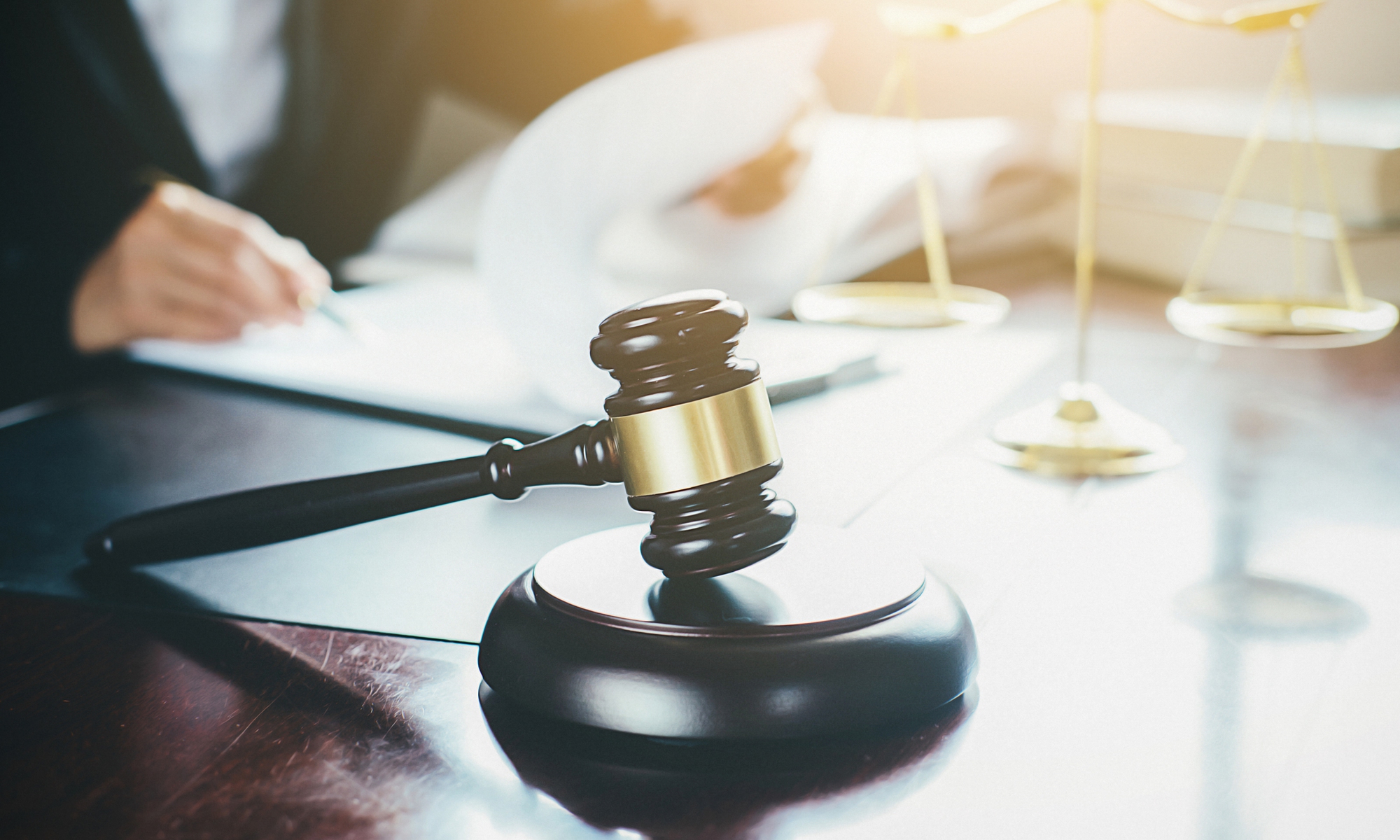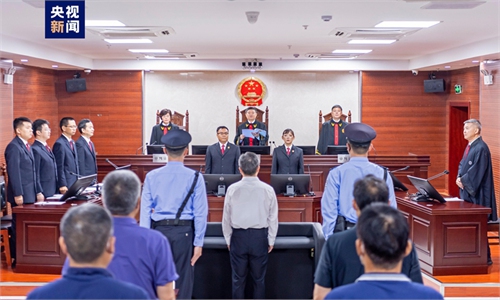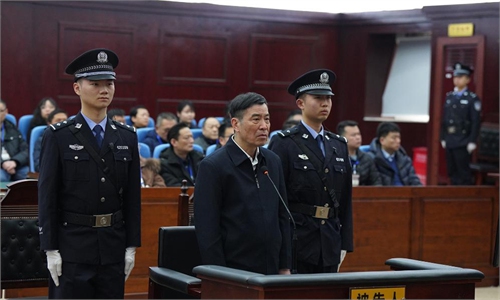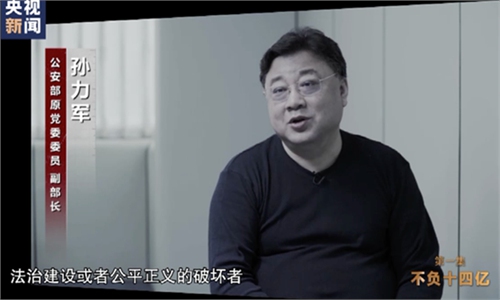Amendment (XII) to the Criminal Law officially implemented, to increase the punishment of bribery

Photo:VCG
The Amendment (XII) to the Criminal Law officially came into effect on Friday, clearly listing serious bribery situations, adjusting and increasing the penalties for corporate bribery crimes, and making corresponding adjustments to the penalties for other bribery crimes, said the relevant officials from the National People's Congress Law Committee, the Supreme People's Court, the Supreme People's Procuratorate, and the Ministry of Public Security on Friday.
There is currently a situation in practice where punishment for bribery is often relatively weak, and there is still a certain gap between the investigation and crackdown on bribery crimes and the expectations of the people. It is necessary to further play the important role of the Criminal Law in the integrated promotion of a system mechanism of not daring to be corrupt, not being able to be corrupt, and not wanting to be corrupt, officials said during the press conference held on Friday.
This amendment clearly lists serious bribery situations, including seven specific situations: multiple instances of bribery or bribery to multiple individuals; bribery by state functionaries; bribery in key national projects and major projects; bribery for the purpose of seeking positions, promotion, or adjustment of positions; bribery of supervisory, administrative law enforcement, and judicial personnel; bribery in the fields of ecological environment, finance, safety production, food and drug, disaster prevention and relief, social security, education, and healthcare, involving illegal criminal activities; and using illegal gains for bribery.
It is explicitly stipulated that these seven types of bribery behaviors should be punished severely. The spirit of severe punishment is not only reflected in the sentencing aspect but also in the investigation and enforcement process.
In addition, in practice, some bribe givers bribe in the name of their units to evade punishment. Various groups have expressed that the punishment for unit bribery is insufficient, prompting corresponding modifications to the Criminal Law.
The Amendment (XII) to the Criminal Law increases the punishment for bribery, targeting the key points of power-money exchange, and interest chains, which is of great significance for eradicating the soil and conditions for corruption, said Ma Yan, a member of the Judicial Committee of the Supreme People's Court.
For those who engage in repeated bribery, wide-reaching bribery, and bribery to multiple individuals, they will be strictly punished according to the law. For those who engage in bribery in key national projects, major projects, organization personnel, discipline enforcement, judicial affairs, ecological protection, finance, safety production, food and drug, disaster prevention and relief, social security, education, and healthcare, they will be severely punished, to maintain a zero-tolerance deterrence and constant high-pressure punitive force.
In the past, during the process of investigating bribery crimes, due to factors such as the large number of people involved and the difficulty of investigation, there has been a phenomenon of treating bribe recipients more severely, while treating bribe givers leniently to a certain extent. After the implementation of the Amendment (XII) to the Criminal Law, procuratorate organs will update their law enforcement and judicial concepts, with a firm determination and practical measures to cut off the source, effectively punish bribery crimes in a precise and powerful manner according to law, timely transfer bribery crime clues to the supervisory organs according to law, and track and handle them to ensure that they are brought to justice according to law.
For illegal property benefits obtained through bribery crimes, they will be confiscated, ordered to return or compensate the victims in accordance with Article 64 of the Criminal Law.
Government departments will fully utilize big data in handling the cases, in addition to analyzing and judging the characteristics and underlying management loopholes of common and frequent bribery activities, timely put forward targeted prosecutorial suggestions or special reports to promote social governance.
In addition, the Amendment (XII) to the Criminal Law fully embodies the spirit of equal protection for private enterprises and sets higher requirements for law enforcement activities of public security organs. Next, the public security organs will further standardize law enforcement activities involving enterprises, strengthen equal protection for private enterprises, said Sun Ping, deputy director of the Legal Affairs Bureau of the Ministry of Public Security.
Global Times



